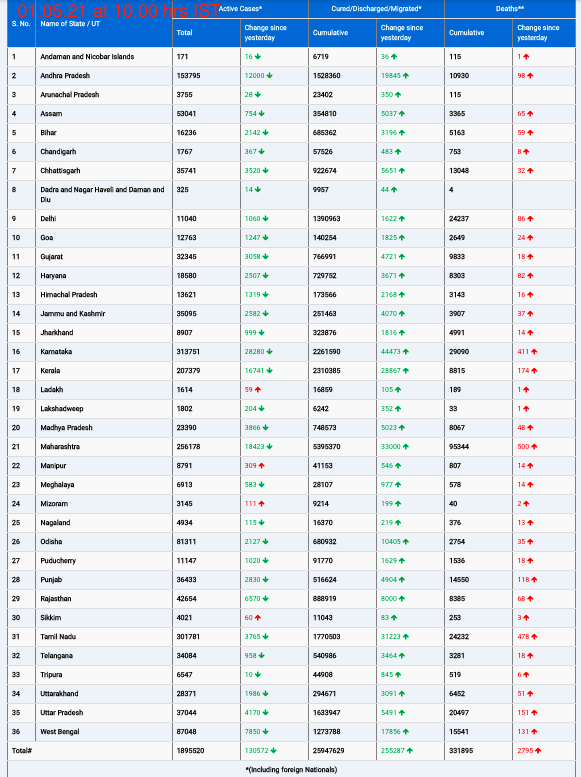A recent study conducted by Durham University has shed light on the significant health risks faced by retired rugby and football players who have experienced multiple concussions during their careers. Published in the International Journal of Molecular Sciences, the research highlights a concerning correlation between concussion history and heightened susceptibility to neurodegenerative diseases such as Alzheimer’s and motor neuron disease (MND).
Led by Professor Paul Chazot from Durham University’s Department of Biosciences, the study focused on 56 male professional athletes, seven years post-retirement. Among them were 30 retired rugby players who had suffered five or more concussions during their playing careers, alongside 26 counterparts from non-contact sports.
The findings underscored that retired rugby players with a history of concussions exhibited elevated levels of specific proteins associated with neural damage, including serum exosomes, serum t-tau, and tau-p181 proteins—known markers for Alzheimer’s and MND. Conversely, these athletes showed lower levels of RBP-4, a protein crucial for brain function.
“This study highlights the enduring impact of concussions on the health of athletes, particularly in contact sports,” commented Professor Chazot. “The increased presence of neural damage markers in these athletes’ blood suggests a potential pathway linking concussions to later neurodegenerative diseases.”
The research suggests that monitoring these biomarkers could aid in early detection and intervention strategies, potentially improving outcomes for affected athletes. Moreover, the study proposes exploring retinoid-based medications as a potential therapeutic avenue to mitigate the neurological impact observed in these individuals.
As concerns grow over the long-term health implications of concussions in sports, this study provides valuable insights into the need for proactive health monitoring and targeted interventions to safeguard the well-being of athletes post-retirement.











